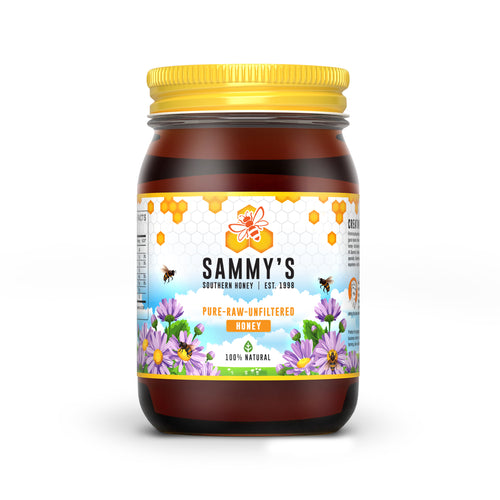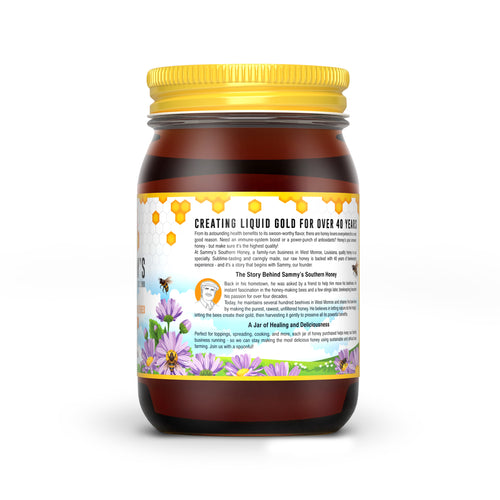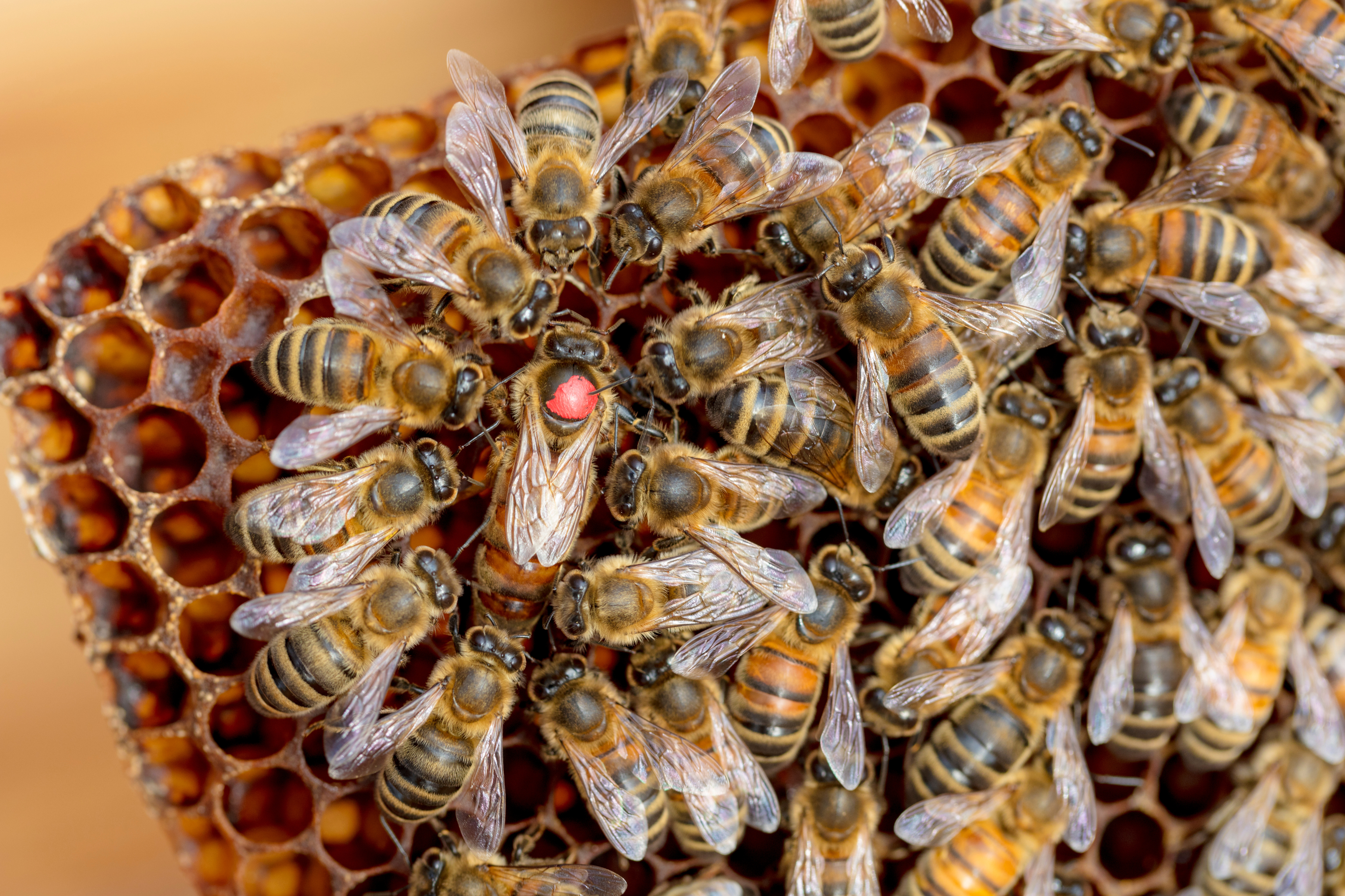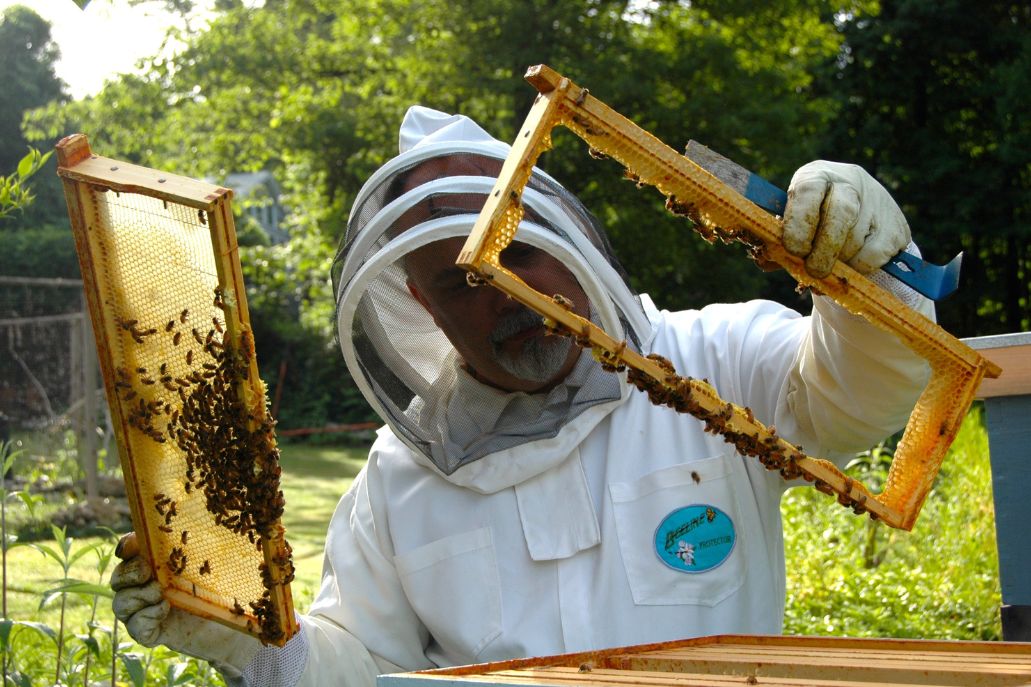Raw honey is more than just a delicious drizzle for your tea or toast—it’s a powerhouse of health benefits, a symbol of sustainable living, and for many, a meaningful product worth sharing with others. At Sammy’s Honey, we’ve seen firsthand how a simple, natural product can spark curiosity, nourish lives, and even open the door to new opportunities.
Whether you’re a loyal honey lover or someone curious about the buzz around raw honey, here’s why it continues to grow in popularity—and how it could be more valuable than you think.
What Makes Raw Honey Special?
Unlike processed honey you’ll find in many grocery stores, raw honey is unfiltered and unpasteurized. That means it retains its natural enzymes, antioxidants, and antibacterial properties. People love it not just for the taste, but for its uses in home remedies, skincare, and natural wellness routines.
It’s no surprise that raw honey has gained a loyal following in recent years. More consumers are choosing food that’s both healthy and responsibly produced—and raw honey checks both boxes.
A Sustainable, Feel-Good Product
One of the most beautiful things about beekeeping is that it’s inherently connected to nature. Bees pollinate plants, support ecosystems, and help other crops grow. Every jar of raw honey represents the hard work of bees and the care of beekeepers who respect that process.
That story alone adds to its value. When people buy honey from small-scale beekeepers, they’re not just buying a sweetener—they’re supporting sustainability, ethical farming, and local livelihoods.
Thinking of Selling Your Own Honey (or Any Handmade Product)?
At Sammy’s Honey, what started as a hobby turned into something bigger. And if you’ve ever thought about selling your own raw honey—or any handmade or homegrown product—you’re not alone. There’s a growing demand for items made with intention and care.
But here’s the thing: understanding the value of what you’re offering is key. Pricing isn’t just about covering costs—it’s about recognizing the quality, story, and uniqueness of your product.
As more people look for natural and sustainable options, the market for raw honey continues to grow.
If you're considering selling your own handmade or homegrown products, this guide to pricing your small business products can help you understand how to price them with confidence.
More Than a Sweet Treat
At the end of the day, raw honey speaks for itself—rich, golden, and full of flavor. But its true value comes from what it represents: care, sustainability, health, and heart.
And if you ever decide to share your own honey or handmade goods with others, remember—there’s a place for your product, and there are people who will value the story behind it just as much as what’s inside the jar.
Honey Facts
Honey Bees have extreme sense of smell which allows them to find their hive and they dance when they return to the hive to tell the other bees where the flowers are. Also, 99% of the bee colony is composed of female bees known as WORKER bees. Worker honey bees transform the floral nectar that gather into honey by adding enzymes to the nectar and reducing the moisture.
SAMMY'S SOUTHERN HONEY


Thank You!
Each jar of honey purchased helps to keep our hardworking family business in operation, and allows Sammy to continue sustainable and ethical bee farming here in the heart of Louisiana. Add some Sammy’s Southern Honey sweetness to your life today!







